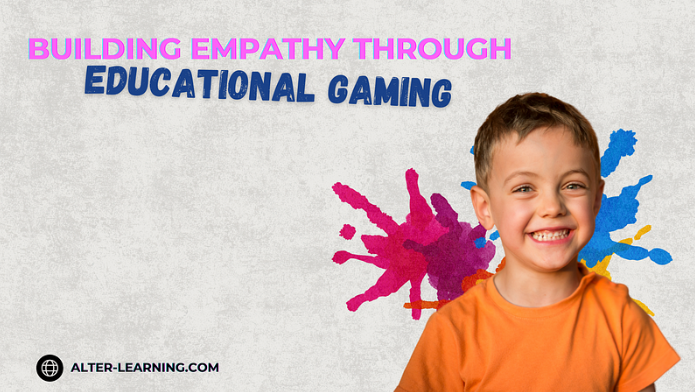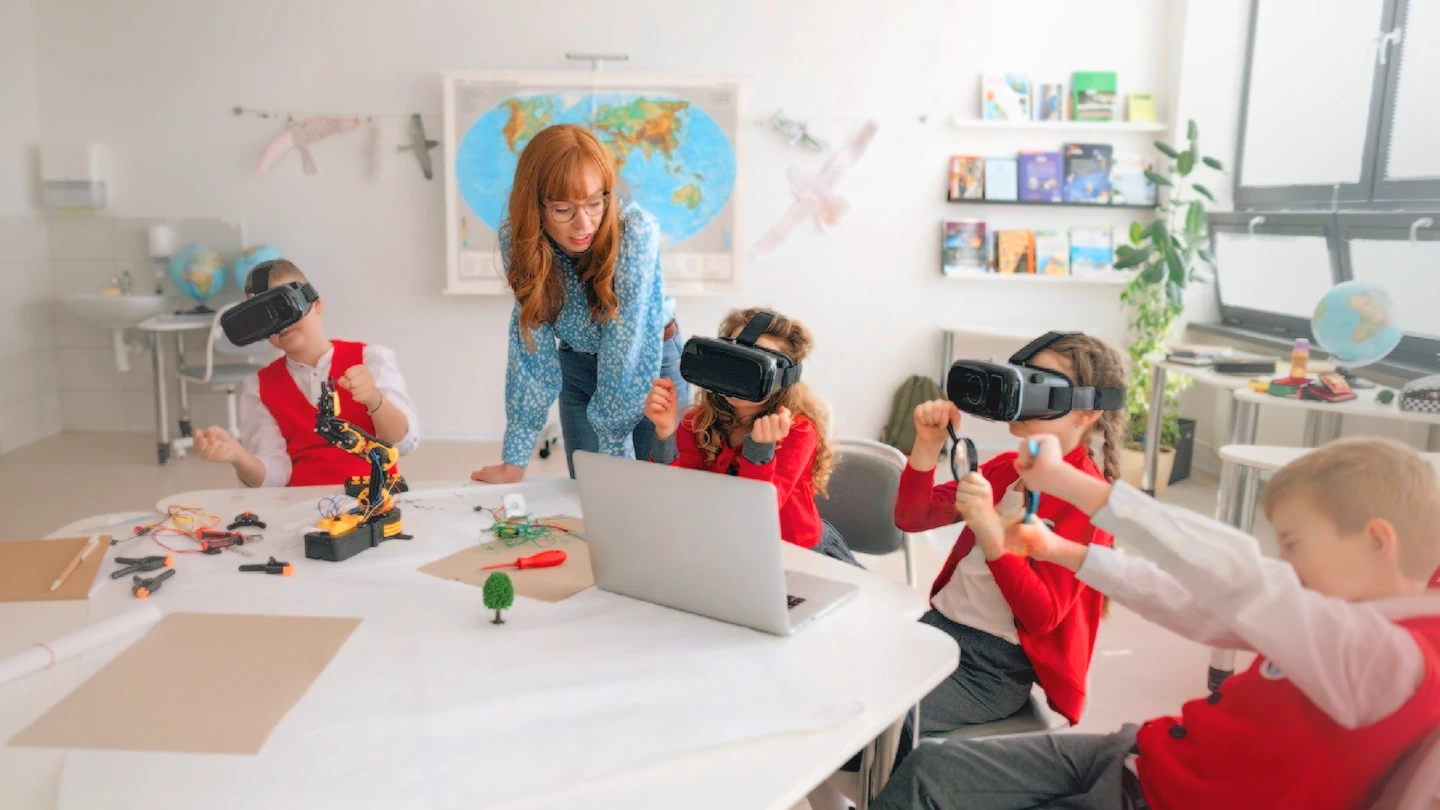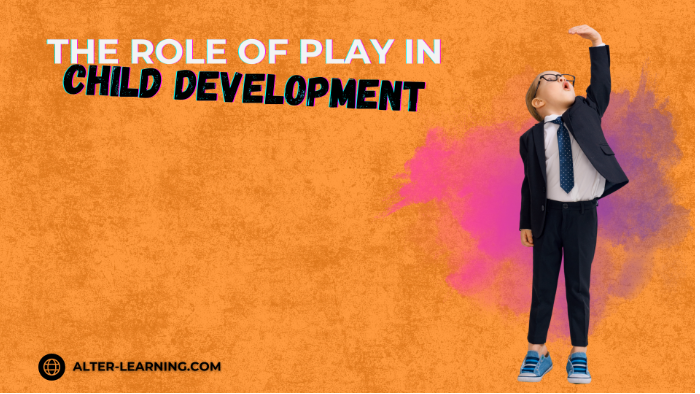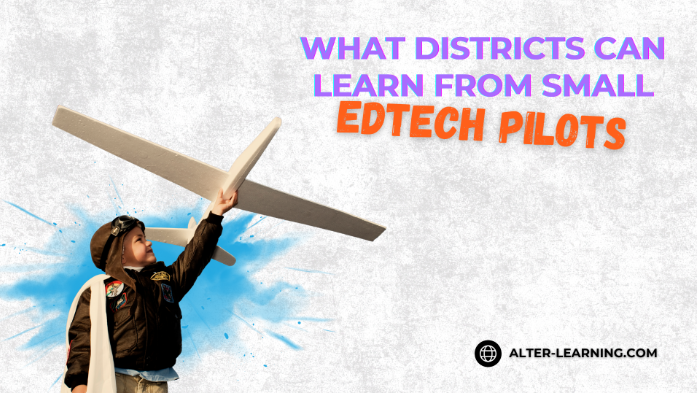In a world that’s increasingly interconnected—and often deeply divided—empathy is no longer a soft skill; it’s an essential one. Teaching students to understand different perspectives, consider emotional contexts, and care about people beyond their immediate circles is foundational to healthy learning communities and civic responsibility. But empathy can’t be taught solely through lectures or worksheets.
Educational games offer a unique pathway. Through role-playing, storytelling, and interactive challenges, well-designed games can create the conditions for students to walk in someone else’s shoes—literally and figuratively.
When used thoughtfully, educational gaming can help build empathy by blending emotional experience with academic growth, giving learners opportunities to connect, reflect, and grow.
Why Empathy Belongs in the Classroom
Empathy supports everything from collaboration and problem-solving to social-emotional regulation and resilience. In classrooms, empathy can:
- Reduce bullying and foster inclusion,
- Support collaboration and peer learning,
- Enhance comprehension in history, literature, and social science,
- Build stronger connections between students and educators,
- Improve emotional regulation and self-awareness.
As students navigate increasingly complex social environments—both online and offline—cultivating empathy helps them become not only better learners, but better people.
How Games Can Support Empathy Development
Educational games are uniquely positioned to promote empathy. Unlike traditional media, games require active participation. Players don’t just observe a story—they make choices, face consequences, and take on roles that challenge their assumptions.
Features in empathy-focused educational games may include:
- Character-driven narratives, where students experience life from another person’s perspective,
- Moral dilemmas, prompting players to weigh difficult decisions and consider their impacts,
- Social simulations, offering students a chance to manage relationships, conflicts, or communal goals,
- Collaborative gameplay, requiring communication, cooperation, and shared decision-making,
- Wellness-focused environments, where students reflect on emotions and practice social skills.
These features encourage deeper emotional engagement—and may help students internalize lessons in a way that textbooks alone cannot.
Empathy in Action: Game-Based Learning Examples
Alter-Learning’s immersive platforms are designed not only to deliver academic content, but to cultivate emotional intelligence. For example:
- In virtual wellness spaces, students can explore emotional well-being, communication skills, and confidence-building—practicing empathy toward themselves and others.
- Story-driven STEM games may introduce characters who rely on students’ help to solve complex problems, encouraging reflection on community, responsibility, and fairness.
- Multiplayer and cooperative game modes can challenge students to listen, adapt, and collaborate across differences—mirroring real-life teamwork.
- Historical simulations allow students to experience events from diverse perspectives, making abstract concepts like injustice, resilience, or cultural identity more concrete.
These digital environments provide safe, low-risk spaces for students to explore difficult topics, develop perspective-taking skills, and reflect on their actions.
Making Room for Reflection
Gameplay alone isn’t enough to build empathy—it must be paired with reflection. Educators can guide students in drawing connections between in-game experiences and real-world situations through:
- Journaling or writing prompts about character choices and outcomes,
- Classroom discussions focused on ethical decisions or emotional responses,
- Peer-to-peer dialogues where students share interpretations and reactions,
- Integrating SEL (social-emotional learning) standards into lesson planning.
By making space for conversation, educators help students process what they felt and learned during gameplay—and apply it beyond the screen.
From Play to Practice: Why It Matters
Empathy is not an innate trait—it’s a skill that can be nurtured, especially in young learners. Educational gaming offers a powerful medium for that development. When students are invited into stories, challenges, and perspectives different from their own, they begin to see complexity in the world—and their role in shaping it.
At Alter-Learning, empathy is embedded into the structure of many experiences—not only through wellness games, but through every opportunity students have to collaborate, create, and reflect.
In the end, games can do more than teach facts—they can help shape character. And when students build empathy, they carry it with them into classrooms, communities, and futures that benefit from deeper understanding and compassion.
Follow Alter-Learning for more insights into immersive education, edtech success stories, and the future of learning. Want to explore how VR/AR could transform your school or learning platform? Let’s connect.




